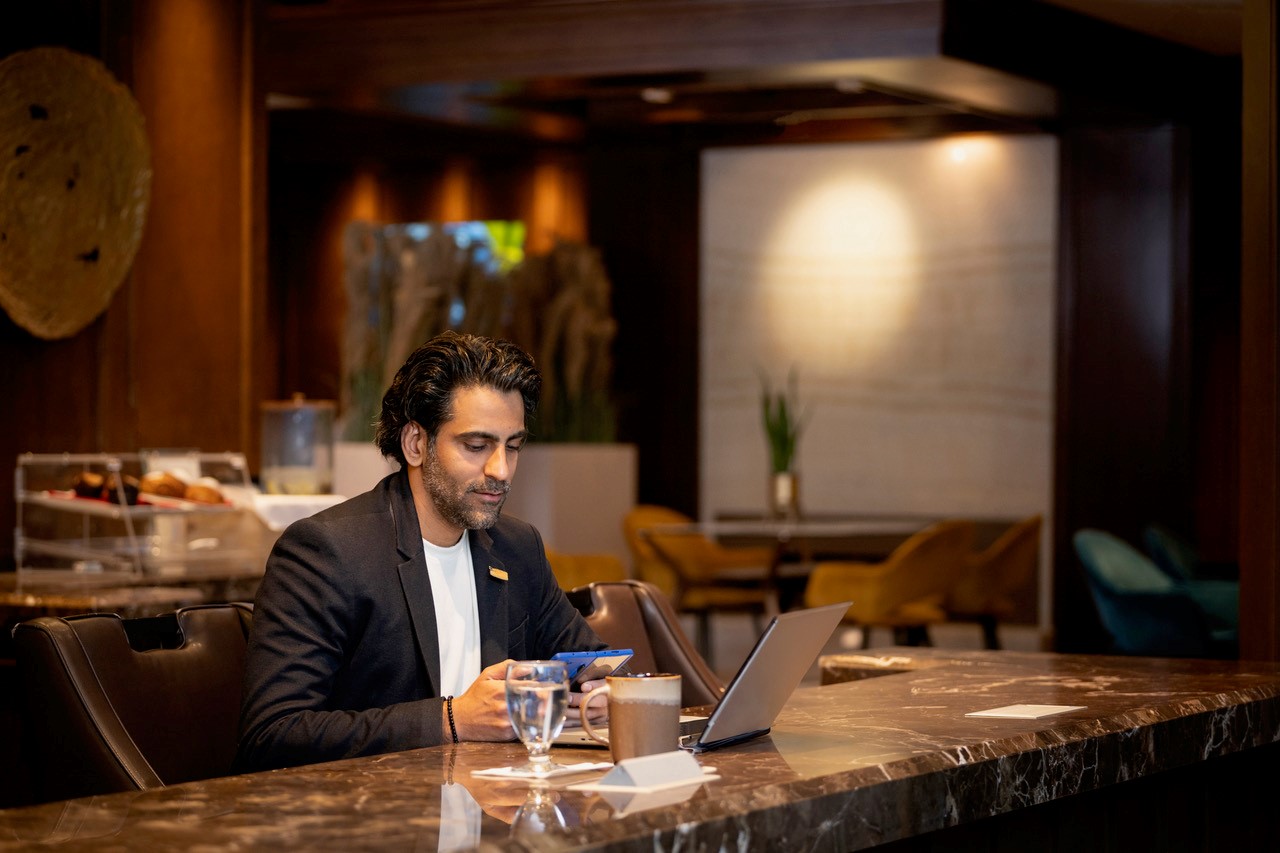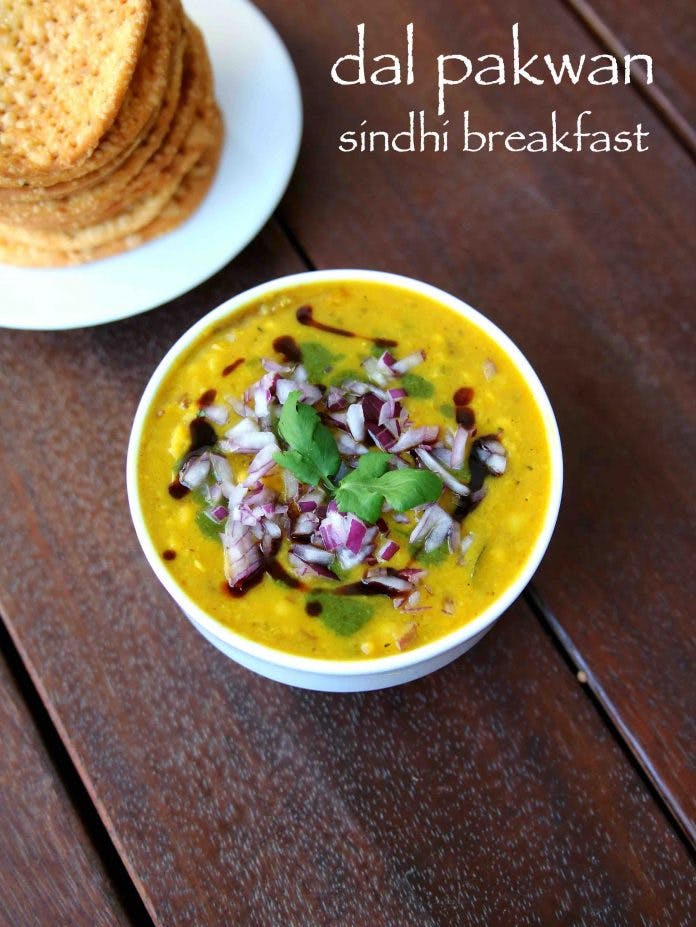Sindhi Peoples
2020-07-29
Sindhi People Culture
This was written by Karan Wadhwani without the use of AI
Sindhi Culture: Article: July 29.2020
Many people don’t know about Sindhi Culture; who are we as a people, where do we come from, and what values we stand for? So I will do my best to speak to the history, the culture and the current. Sindh was an area of India and Pakistan at one point. After the countries split, Sindhi people were left with no homes. Many of them went all over the world, and slowly but surely, they began to assimilate and adapt to the new areas where they arrived. Many Muslim Sindhis stayed in Pakistan, and many Hindu Sindhis moved to India. (This split of people has been an ongoing useless war between religions till today even though both cultures from both countries speak the same language). And till now, we see pushback when intercultural relationships between Hindus and Muslims take place and the perceptions (and judgment) that follow. I want to speak to the importance of family (for me) and the relevance between culture and society, as this has never felt more relevant to me than right now. I have been living away from family for over five years now. With two nephews, a grown-up brother, aging grandmother and parents, I realized that as we age, the people we are closest to become the most important in our lives; , our relationships with them tighten and we tend to close and reduce our social circles to those who have high importance to us. As Chris Rock Says about family: They are usually the only people that will give a ShT about you once you leave that door of your house! The following information was collected by phone interview with my aunt, who is the story keeper of my family. I would have loved a podcast version, but we will save that for another discussion. This call uncovered more about our culture. Here are some key findings: • Sindhis went to places where there was an opportunity as they no longer had a land of their own or a state; of today, I believe the Indian government has given them a land named Kandla. • Sindhis connected with each other, focused on attaining education, and wealth and helping one another and their communities. • With no land of their own, the Sindhis made wherever they went their new home, often learning new languages and absorbing the culture of the people around them, learning Tamil, Kanada and other languages in India) * I thought this was very progressive, as they didn’t exploit or take advantage of people but lived together with them as one. • This was a similar story to the Parsi People (Zoroastrianism people); when they had no place to live, they migrated to Gujrat to avoid persecution due to their faith and were welcomed with open arms. This warm welcome allowed them to immerse into culture and they prospered with their hard work and prosperity. With honesty and trust, they became successful. • The mission for Sindhi people was visionary thinking, to educate yourself – it is with you, and you take that with you wherever you may go. • In their occupation, they were ‘Bybons’ - the traders; they traveled far and wide doing business. • They didn’t forget where they came from. They wanted prosperity. Prosperity - financial and family prosperity of togetherness, relationships and keeping your culture alive. • Today, India is known for its delicious Sindhi food and culture along with its beauty of heart as a people. Today you will find many Sindhis in occupations of actors, movie Directors such as well know films of Sholays Directors (Rahmesh Sippy - look up his real name later! Hint below). But this took time for them as a people to settle in India. • However, once they settled down in their careers and reached success and made a name for themselves, I guess you could say they had a lot of pride in their culture and who’s to blame them when an entire culture gets ostracized by its own nation. Please note that this has happened to many cultures in India and worldwide. why can’t people learn more from history? • Hints on the last name; lots of Sindhi’s last names are connected to their birthplace of their ancestry. So, for instance, my father, initially a Wadhwa, changed his last name to Wadhwa(ni) when doing business as a lot of the businessmen (from a set cast) had the (ani) ending last name. My grandfather was originally from Karachi (Shikaarpor), and my mother's father was originally from Hyderabad, where their last name ended with (ani). Thus, showing you what we do for love! Apparently, Shikaarpor used to be an affluent city, but after everyone was forced to leave, it became a dump) *does this fact remind you of some war-torn countries, which were once beautiful like Liberia, Afghanistan, or Sierra Leone? • The only difference among Sindhis’ is the faith they are born into - Sikhism, Muslim or Hinduism - till now, this creates many divides among some cultures. They were highly educated individuals put into a cast; therefore, they did not leave their model of knowledge - many of them today are still in the trade of commerce. So don’t forget that wisdom is worth more than gold and diamonds. Luckily, I can say that individually, we have been a very progressive family to recognize everyone as one. In the end, physiologically, we are all the same. • For many Sindhis, their focus after arriving in their new land was to attain wealth; how can you blame them? They would have been refugees with no lively hood, so their main focus was to attain wealth, and then once they did, they would give back to those in the community. • They were not one to ask for hand-outs and wanted to make themselves comfortable. So they worked. I was told a story about a man who sold paaper (a popular Indian snack) on the roads, then leading to pens, finally buying a home in that same neighborhood where he sold his goods. • Generally, Sindhis are known for their intelligence and sharp minds; they are good in business acumen - however, they are also musicians, singers, dancers, writers, philanthropists, and doctors. They heavily valued being educated- accountants, lawyers and much more. Therefore, where you come from, and your values take an enormous toll on who you become and what you can do. • We have spoken of wealth, but I want to speak in particular to the essence of monetary wealth, and again these are just my personal antidotes. • Sindhi Culture and Wealth: I believe with the accumulation of wealth, one can feel the need to have more stuff and display that wealth through the accumulation of material things, such as unopened gifts, clothing and garments, jewelry and the essence of showing your wealth (sometimes, whether you have it or not). I see the similarities in other cultures, so what is this, and where does it stem from? Because in-fact, this is a very North American ideology as well. Hence the two houses, three car garages, sports vehicles, and unneeded assets. This wealth and stuff can often be misspending and bring you more havoc. I would like to blame it on the media, it’s the perception, but it’s also the culture and security of showing wealth, to keep wealth. So with wealth, let’s just switch that to ‘w’ to an ‘h’ and focus on health. I notice that many Sindhis and Indians like their alcohol, and can be notoriously known for drinking- again, perhaps due to the habit of living lavish lifestyles and the overabundance of many things. I encourage you to learn more about your culture, the beliefs, what you have learned, perhaps what you must unlearn, and what you are willing to teach others! Till next time! Photo: Sindhi Breakfast - Dal Pakwan (this is a personal favorite and very hard to find in a restaurant or let alone cooked) Hopefully, coming to a restaurant near you!

